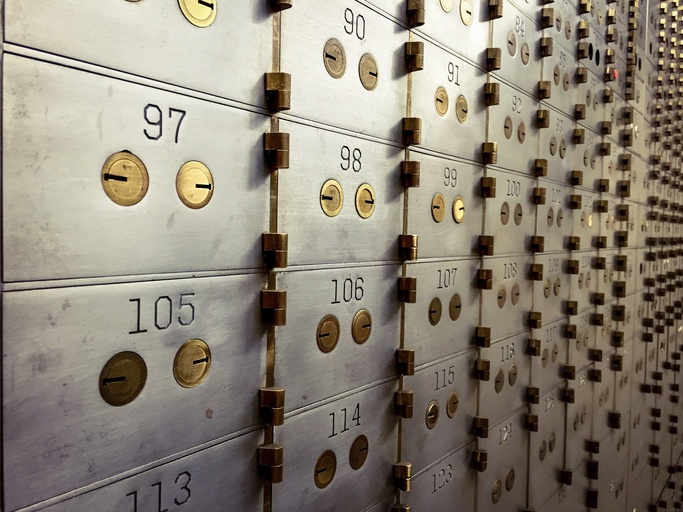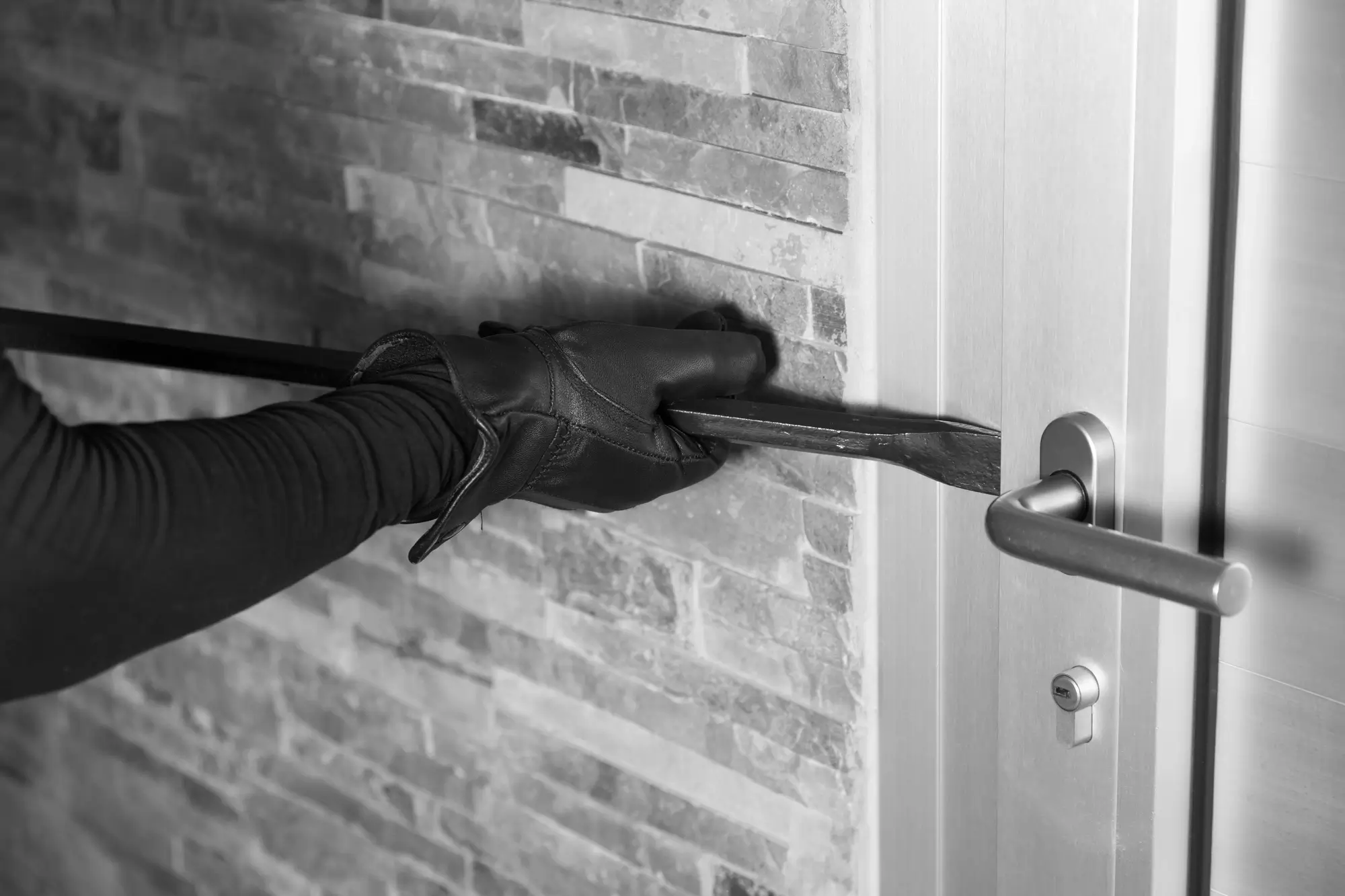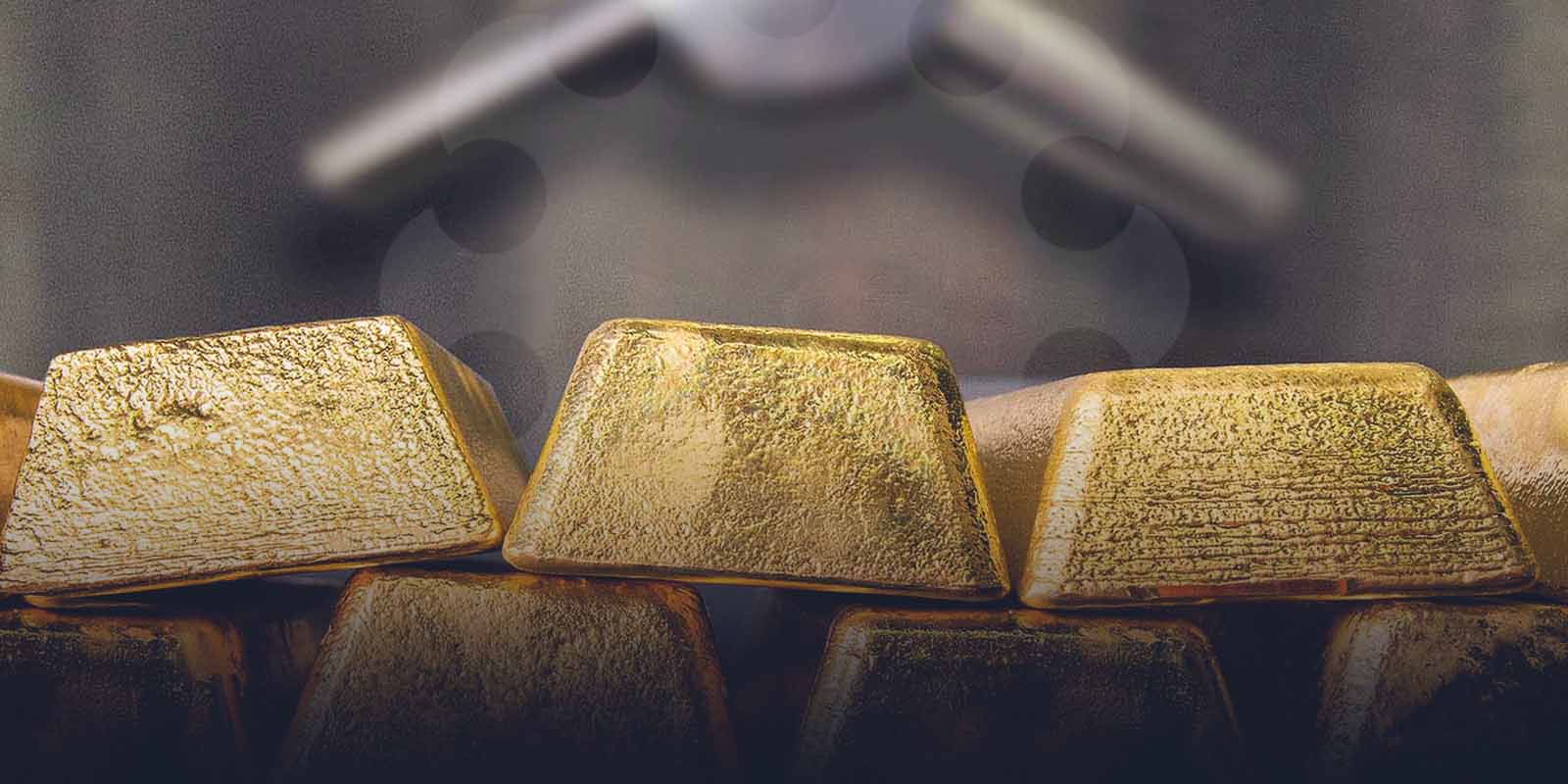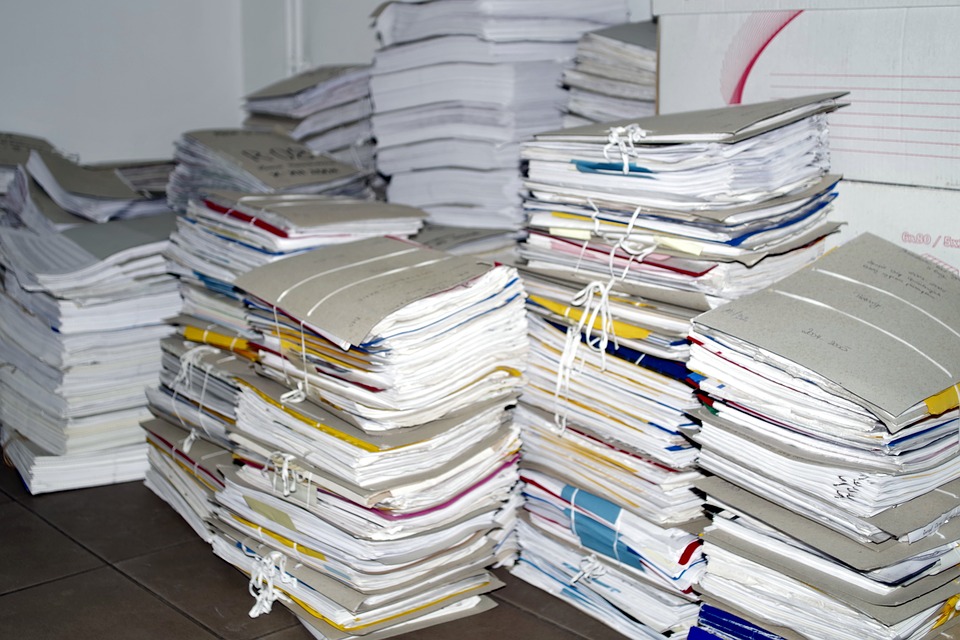Keeping money in a safe deposit box, is it safe and secure?
In an era where digital banking and online transactions dominate, many individuals still seek traditional methods to safeguard their valuables. One such option is the safety deposit box. But is it really safe to keep money in a safe deposit box? In this blog post, we will explore the advantages and disadvantages of using safety deposit boxes, their security features, and alternative options for storing your money.
What is a Safety Deposit Box?

A safety deposit box is a secure container located within a bank or financial institution that allows customers to store valuable items such as cash, jewellery, important documents, and other personal belongings. These boxes come in various sizes and are typically rented on an annual basis. The primary purpose of a safety deposit box is to provide protection against theft, fire, and other potential hazards.
The Security Features of Safety Deposit Boxes
One of the main reasons people consider using safety deposit boxes is their robust security features. Here are some key aspects that contribute to their reputation for safety:
1. Physical Security
Safety deposit boxes are housed within vaults that are designed to withstand forced entry. Banks invest heavily in security measures such as reinforced steel doors, advanced locking mechanisms, and surveillance systems to ensure the protection of their customers’ belongings.
2. Limited Access
Access to your safety deposit box is restricted primarily to you (and any authorised individuals). You must present identification and often use a key or access code specific to your box. This limited access significantly reduces the risk of theft compared to keeping cash at home.
3. Insurance Options
Many banks offer insurance policies for items stored in safety deposit boxes. While this does not cover cash directly (as banks typically do not insure cash), it can provide peace of mind for other valuables like jewellery or important documents.
Advantages of Using Safety Deposit Boxes
1. Enhanced Security
As mentioned earlier, one of the primary advantages of using a safety deposit box is enhanced security compared to keeping money at home or in less secure locations.
2. Protection from Natural Disasters
Safety deposit boxes are located within bank vaults that are designed to withstand natural disasters such as fires or floods. This means that your valuables have a higher chance of surviving such events compared to being stored at home.
3. Privacy
Storing money and valuables in a safety deposit box provides an added layer of privacy since these items are not easily accessible by anyone but you (and those you authorise).
Disadvantages of Using Safety Deposit Boxes
While there are many benefits associated with safety deposit boxes, there are also some drawbacks worth considering:
1. Limited Access Hours
Accessing your safety deposit box can be inconvenient since banks have specific operating hours. If you need immediate access outside these hours—such as during an emergency—you may find yourself unable to retrieve your funds quickly.
2. No Interest Accrual on Cash
Unlike savings accounts where your money can earn interest over time, funds stored in a safety deposit box do not generate any interest income.
3. Potential Fees
Banks typically charge an annual fee for renting a safety deposit box which can vary based on size and location. These fees can add up over time and may not be justifiable if you’re only storing cash.
Alternatives to Safety Deposit Boxes

If you’re uncertain about whether it’s safe or practical for you to keep money in a safe deposit box, consider these alternatives:
1. High-Interest Savings Accounts
For those looking primarily for security while still earning interest on their funds, high-interest savings accounts offer both accessibility and growth potential without the limitations associated with physical storage options.
2. Home Safes
Investing in a quality home safe can provide similar benefits as a safety deposit box while allowing you immediate access whenever needed—though it’s essential that these safes be fireproof and burglar-resistant for maximum effectiveness.
3. Digital Wallets
In today’s digital age, many people opt for online banking solutions or digital wallets which provide secure storage options with easy access through mobile devices or computers—though it’s crucial always practice good cyber hygiene when managing finances online.
Conclusion: Is It Safe?
So, is it safe to keep money in a safe deposit box? The answer largely depends on individual circumstances and preferences regarding accessibility versus security needs; however overall they remain one of the most secure ways available today when considering physical storage methods! Ultimately weighing both pros & cons will help determine if utilizing this service aligns well with personal financial goals while ensuring peace-of-mind regarding asset protection!






